I’ll be frank, it annoyed me no end that the Paralympics was handled like the poor relation by the Rio Olympics organisers. When the money was limited, the Olympics got the lion’s share of the funding. That just broadcast the wrong messages about inclusivity and equality.
For the duration of the games, the Baldwins gathered in the lounge each night to watch “The Last Leg Live in Rio” before watching the Channel 4 event coverage.
Prior to the Paralympics, I was not familiar with The Last Leg but, having been exposed, I thought it was brilliant in its fusion of disability education/promotion and humour. It was poignant, thought provoking, hilarious at times and wonderfully levelling throughout.
During the games coverage, some of the events had to be seen to be believed. For example, the one legged high jumping was incredible. Watching these competitors leaping forwards on one leg before launching themselves over bars set above my standing height, made me think of the Pepperami adverts. Talk about guts and determination and a “COME ON THEN” (in big ‘shouty’ letters) spirit.
In the swimming events or on the running track, the pace achieved by the athletes with missing or deformed limbs was astounding. Disability was shown time and time again to be no barrier to world class performance. The Paralympics saw world records that had been set by able bodied athletes smashed by disabled competitors and that sends the clearest possible signal that disability prejudice is as misinformed, unacceptable and out of date as sex/sexual orientation/race/religion/age discrimination.
And that thought was the seed for this post.
I want to see more of these Paralympic sports people more of the time. The likes of Jensen Button, Lewis Hamilton and a multitude of footballers I don’t even recognise end up being ambassadors for bank accounts, shaving equipment, fizzy drinks and who knows what else; why am I not seeing more of Jonnie Peacock, Hannah Cockcroft, Jason Kenny or Kadeena Cox? These characters are far more inspirational, and much better role models, than any footballer that’s not David Beckham.
The Paralympic stars should be as sponsored/visible/wealthy as their able bodied counterparts – surely Jonnie Peacock is as bankable in the UK as Jensen Button!
I have some other observations too; the camaraderie amongst the Paralympic competitors made their Olympic counterparts look a bit standoffish. In the Olympics, it wasn’t unusual to see athletes looking sulky when they didn’t win the medal they wanted. In the Paralympics it just seemed to be hugs and congratulations all round. Much better!
For the first time ever, Mrs Baldwin virtually demanded I wrote a blog post. I have no idea when such a thing will happen again. Probably Tokyo 2020.
My daughter asked if Mrs B or I could get her the signatures of the swimming Ellies. She has never asked for anyone’s autograph before. For my daughter, the Ellies weren’t ‘disadvantaged’ at all, they were just brilliant and exciting. And that’s how it should be.
When I was a kid, disability meant Joey Deacon on Blue Peter, the Spastics Society, inconvenience and something to be shut away and/or embarrassed about. The concept of “super humans” that we are now getting used to is so much more appropriate, positive and galvanising in terms of sweeping social change. Now disability isn’t exactly something to be celebrated per se, but the Paralympics is a fabulous vehicle for celebrating all that can be achieved in spite of the fragility of the human body.
After the games, the Queen welcomed home the UK Paralympians and rightly so. I just hope that some of these Team GB members get recognised in her New Year’s honours list.
Arise Sir Jonnie Peacock!
Team GB’s haul of medals was fabulous, the best for decades, a few gongs to add to the tally would be perfect.
Blog Home
Blog Library
Home
Article links
Rio 2016: Queen hails 'magnificent' Paralympians on homecoming
Team GB 147 medals including 64 golds
Rio 2016 Paralympics: GB roll of honour


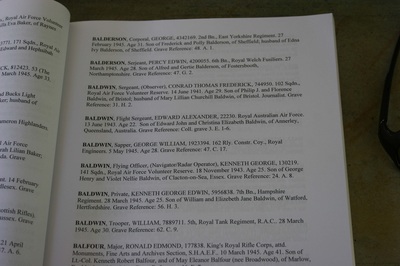


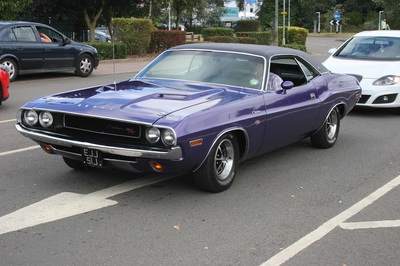
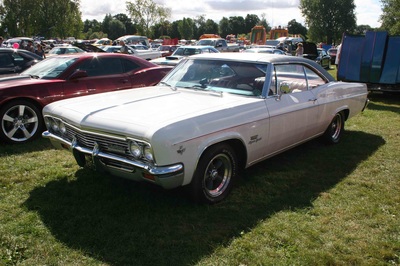
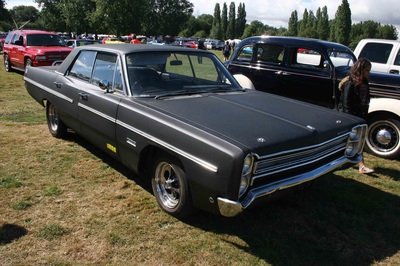
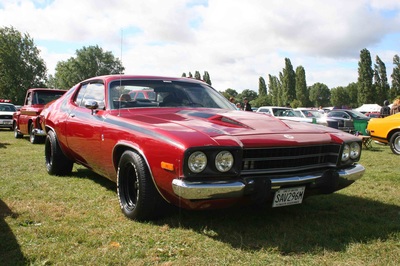
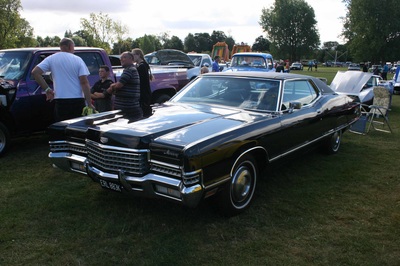


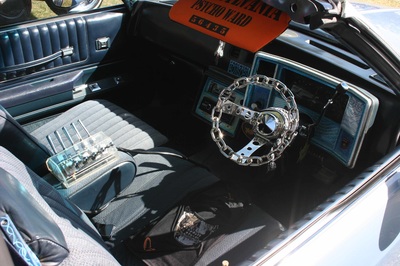
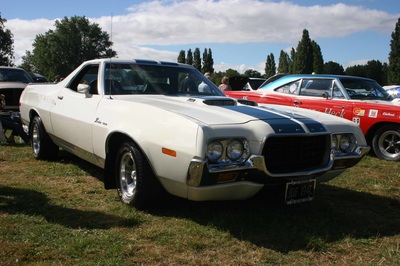




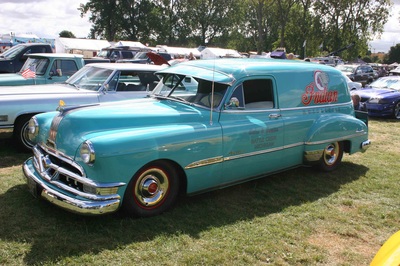


 RSS Feed
RSS Feed
